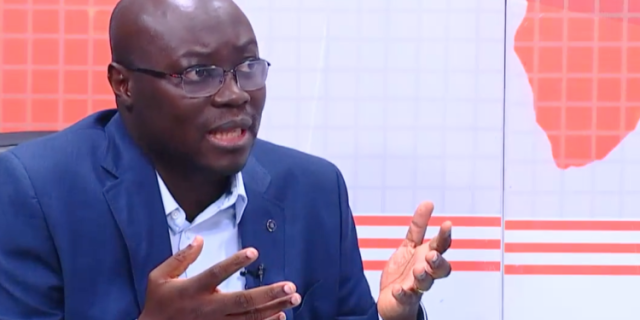The inability of Parliament to approve tax exemptions for 42 selected companies under the One District, One Factory (1D1F) programme has sparked controversy and raised questions about the NDC’s stance on industrial development.
The 1D1F programme, a flagship initiative of the governing New Patriotic Party (NPP), aims to stimulate industrial growth by establishing at least one factory in each district of Ghana.
This initiative is seen as a critical step towards economic diversification, job creation, enhancing the value chain for many sectors, and reducing the country’s dependence on imports.
To incentivize investors, the programme includes provisions for tax exemptions, which are crucial for attracting and retaining investments.
However, the recent parliamentary session witnessed a setback when the House failed to approve tax exemptions for 42 companies selected under the 1D1F programme, due to the Finance Committee’s failure to complete its scrutiny of the companies in question.
The Speaker of Parliament, Alban Bagbin, directed the Finance Committee to finalize its review before presenting the motion properly.
This directive came amid visible frustration from some members of the House.
Majority Leader Alexander Afenyo-Markin expressed his exasperation, highlighting the urgency and importance of supporting industrial projects that promise significant economic benefits and job opportunities for Ghanaians.
He noted that the delay sends a discouraging message to potential investors and undermines the country’s industrialization efforts.
Moreover, some members of the Majority questioned why the plenary session could not act on the matter, especially since referrals to the Finance Committee began as far back as 2021.
They argued that the undue delay by the committee has been a significant roadblock to advancing government business and facilitating the necessary support for industrial projects.
Ironically, the NDC has been vocal in its criticism of the 1D1F programme, often labelling it a failure, despite notable successes such as the establishment of Rikpat Company Limited, Appeb Cylinder Manufacturing Company Limited, Specialty Beers Ghana, Atlantic Lifesciences Ltd, and many others.
However, their posture in parliament appears to be hindering the very industrial projects they criticize for not delivering results. This paradox raises concerns about the party’s true priorities.
For Ghana to achieve its industrialization goals, there must be a concerted effort and political will across all parties.
The NDC’s actions in Parliament raise questions about their commitment to these goals. Industrial policies and initiatives like the 1D1F programme require consistent support, not just in rhetoric but in practical, actionable terms. Political consensus is crucial.
The benefits of industrialization transcend party lines, impacting the entire nation.
When political interests overshadow national interests, it is the ordinary citizens who suffer the most.
Job creation, economic stability, and sustainable development should be paramount in the minds of all legislators, irrespective of their political affiliations.






































